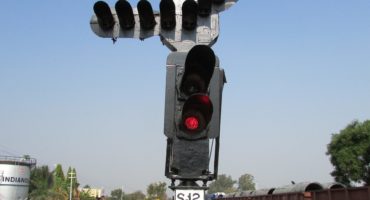The professionals assist clients with implementation, installation and further support of signalling and control technologies.
Signalling directors are responsible for developing the technical capabilities of the organisation, providing consultancy and support to the clients, to create and lead a team in the division and to mentor the new members of the team.
Managing director signalling have several years of experience working in the railway industry, specifically in signalling and control. They are also expected to have good leadership qualities, knowledge and experience with various signalling and control systems and a higher degree in a related field.
Signalling planners are responsible for the planning of signalling and telecoms activities, for ensuring compliance on all relevant procedures and for recommendations for any potential improvements in construction progress meetings.
Professionals in this area work as part of a team and liaise with clients and engineering departments. Experience in project management is often expected.
Signalling planners have proficiency in a specialist signalling software. A degree in Civil Engineering as well as experience in rail or light rail signalling planning projects are often required.
Signalling inspectors are tasked with regular technical checks and audits and studies that are connected to railway signalling.
Professionals in this area are also responsible for the development, adoption, and implementation of signalling safety operating standards and maintenance procedures for rail signal control systems, organization and delivery of training sessions associated with signalling for rail employees regarding standards and procedures.
Signalling inspectors have a knowledge in the design, installation, maintenance, testing and inspection of signal systems along with the laws that are connected with the rail signal systems.










